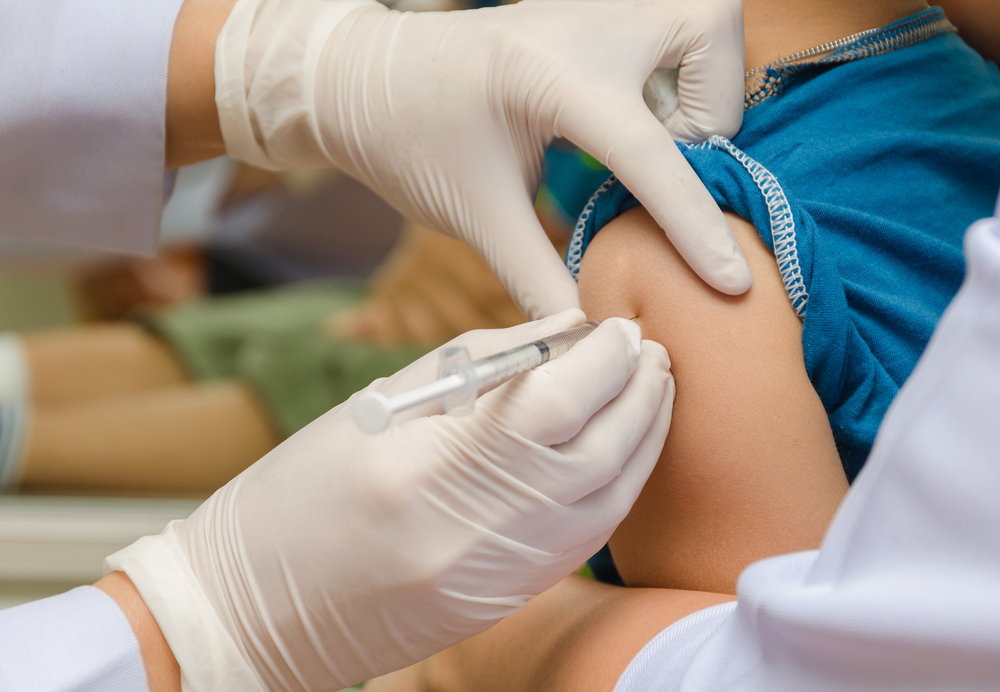Health
DOH eyes team-up with PGH, WHO to see adverse effects of Dengvaxia

The Department of Health (DOH) plans to team up with the Philippine General Hospital (PGH) and the World Health Organization (WHO) for a deeper investigation into the adverse effects of the dengue vaccine, Dengvaxia. (Shutterstock)
MANILA — The Department of Health (DOH) plans to team up with the Philippine General Hospital (PGH) and the World Health Organization (WHO) for a deeper investigation into the adverse effects of the dengue vaccine, Dengvaxia.
“We are going to create a team with PGH and WHO so that there is continuing monitoring,” DOH Undersecretary Rolando Enrique Domingo said Friday. “Kasi di pa nga natin alam kung may lalabas pang ibang problems in the future (This is because we don’t know if other problems would emerge in the future). So we have to continue monitoring the effects to see all the adverse events in these children. And then we’ll get a clearer picture in the next few years.”
Domingo said the team will collect data over three to five years to determine the efficacy of the vaccine, including possible “vaccine failure” as in the case of two of the 14 cases reviewed by the University of the Philippines (UP) – PGH panel.
In the two cases, the Dengvaxia recipients did not manifest the supposed protection that can be derived from the vaccine.
Earlier, UP-PGH experts saw the need to look into factors that could have led to the vaccine failure, such as the temperature under which the vaccines were stored.
According to the DOH, there are 29 documented deaths of children who had received Dengvaxia.
The 10-member UP-PGH panel, led by Dr. Juliet Sio-Aguilar, carried out the clinical review of 14 cases, using the WHO’s Algorithm for Causality Assessment of Adverse Events Following Immunization, a systematic, scientifically sound, and universally accepted proof of assessing the causality of events following any vaccination.
Domingo cited the need for members of the DOH-PGH-WHO panel to undergo training on the algorithm.
“It is a very difficult algorithm,” he said, adding that the department is also seeking guidance from the WHO on how to continue the monitoring and investigation on Dengvaxia’s adverse effects.





















